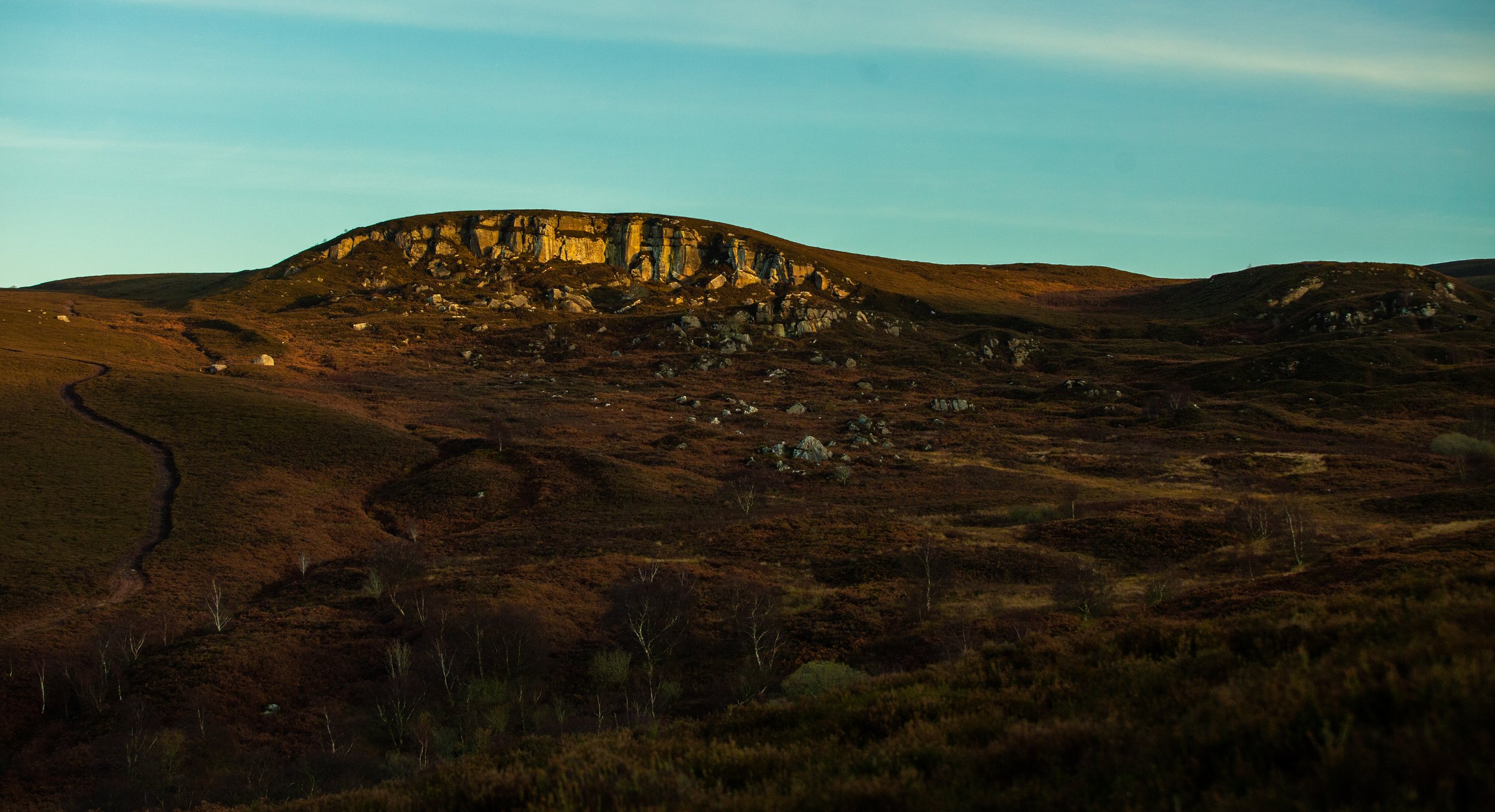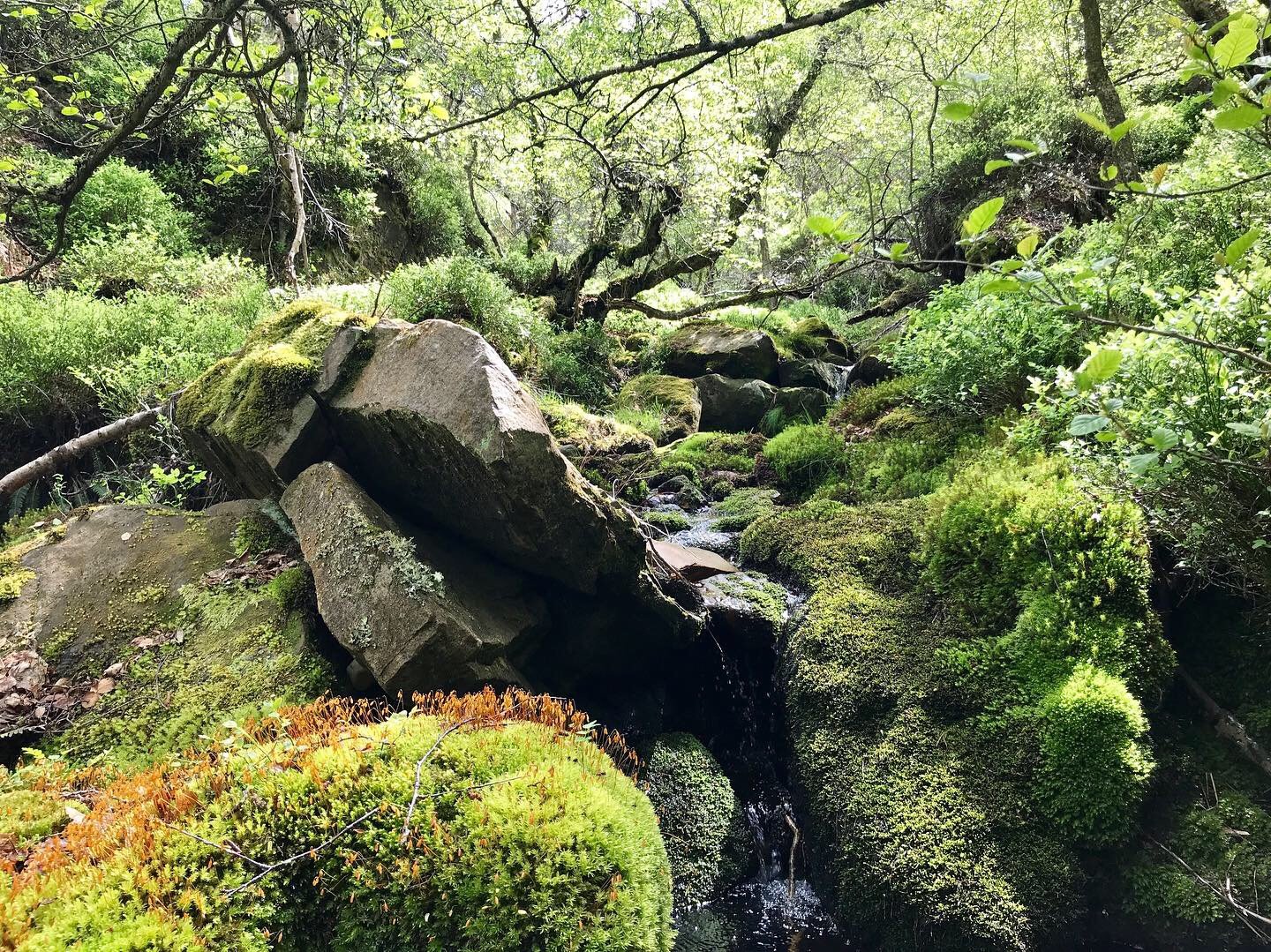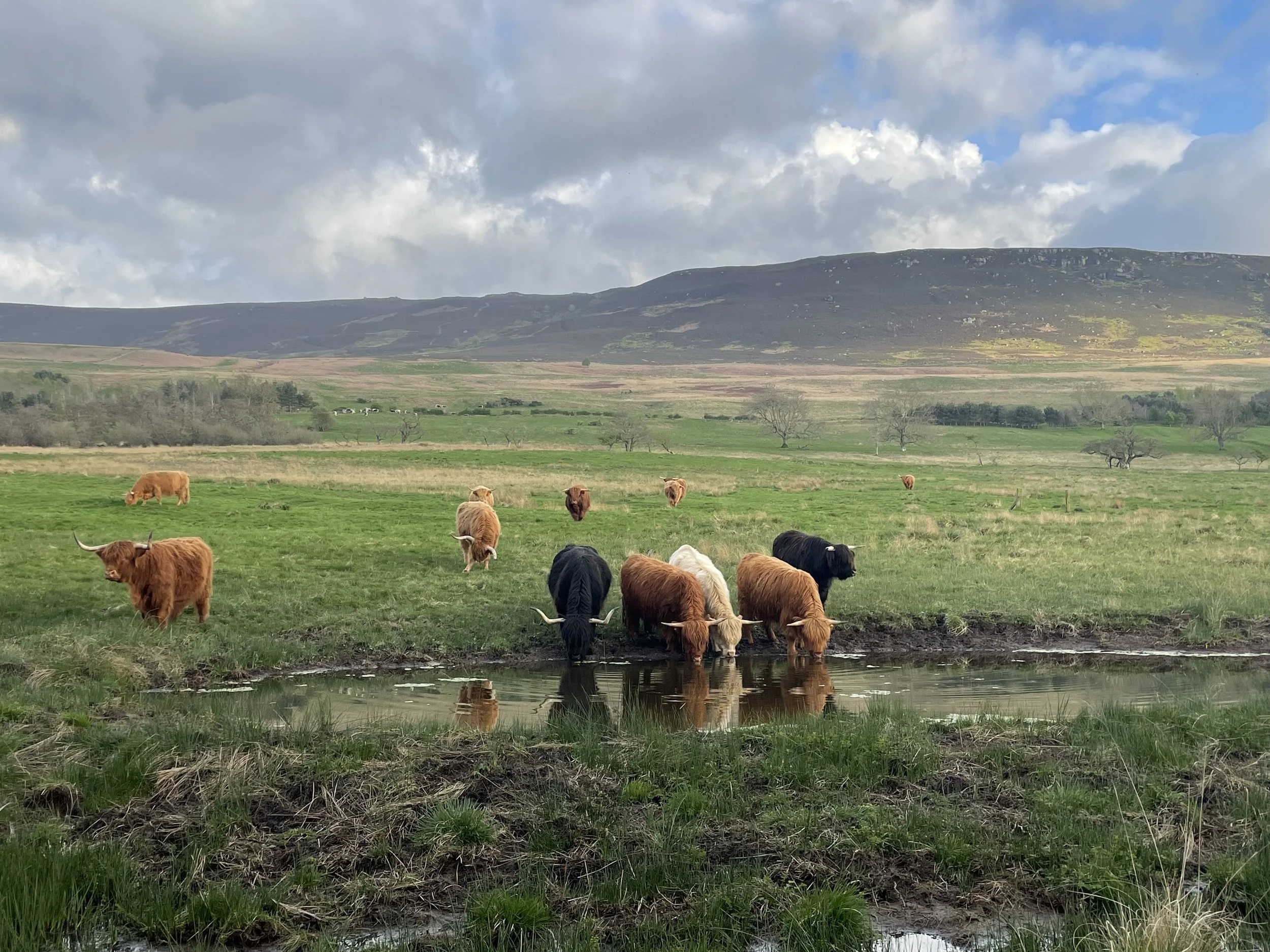
‘Managed Wilding’ - What is it?
Managed Wilding or Rewilding?
The Hepple estate is not a conventional rewilding project. We do not start from a position of low biodiversity. By English standards this is already a relatively wild place. Its natural assets have benefited from decades of gentle management. It hosts a range of rare plants, recognised in the SSSI designations over more than 70% of the total estate area and has over 40 red and amber listed bird species. For years we worked hard to improve these statistics, but the conventional approach has not bucked the national trend in species such as curlew, golden plover and lapwing. We needed to try something more radical, and believe wilding is the way. We like the holistic attitude that views soil health, vegetation diversity and insects as key building blocks, and that general ecological renewal is more important than any one (albeit charismatic) bird or mammal. We believe that ecological renewal requires intensely complex interactions, often more complex than conventional conservation managers can predict.
Our respect for the complexities of the natural world is balanced with a respect for the expertise that we find in the local practitioners and national researchers with whom we work to guide our light management interventions. We call our regime ‘managed wilding’ because we are not passively waiting for the ecosystem to recover on its own. Our team and partners allow us to monitor, consider and execute gentle nudges to the ecosystem. This system relies on the home team of the Robson family who manage the extensive cattle grazing and on the involvement of an expert Advisory Board drawn from a range of ecology professionals.
We are particularly excited about the joint work with Newcastle University. Led by Darren Evans, the programme will take a range of eDNA samples from XX monitoring plots across Hepple to build a web of interactions between species. This is the best way we could imagine to chart Ecosystem Health and believe it is a ground-breaking piece of research.

“A man is rich in proportion to the number of things which he can afford to let alone.”
— Henry David Thoreau


